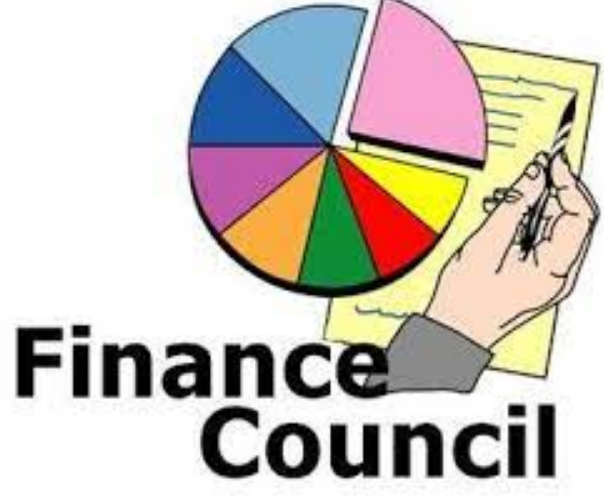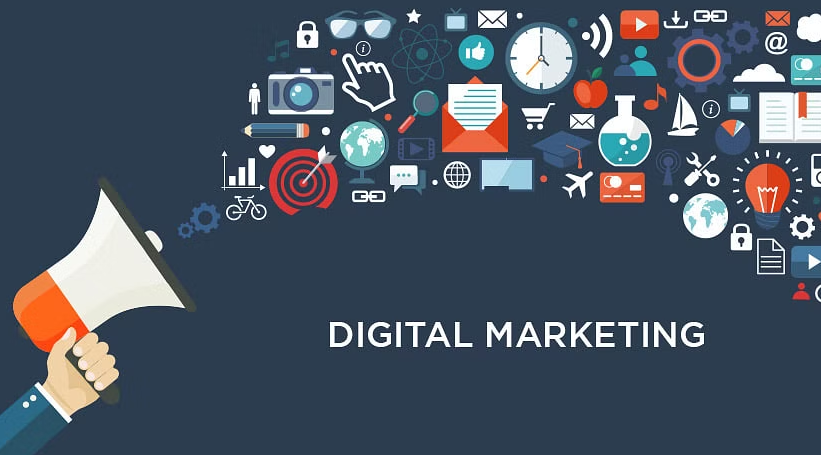What is the difference between services and goods?

Services are transactions involving intangible assets. This includes services such as insurance because when you buy a policy, you are not buying a physical commodity but a service for which you are paying. Another example is car rental. Although you might think that the cars involved in leasing make it profitable, this project is not a change of ownership, but rather a temporary transfer. Service is not about the vehicle, but the ability to operate it. Thus, service does not result in the permanent possession of physical objects or goods, but rather a temporary use of goods.
It is easier to understand what service is by looking at an example of service. Because of the wide range of industries affected by services, many people work in the service sector without realising it. Service delivery makes up the vast majority of the global economy, so understanding it properly is key to making the most of the opportunities. Here are 12 key services that function in today’s society, as well as services you may not have thought of, and why many people rely on them:
Insurance

Insurance is an important industry, primarily designed to ensure that customers do not face financial loss if they are involved in an accident or event through no fault of their own. Where you may think of insurance as a personal product, it is important to remember that the insurance industry also guarantees businesses such as commercial projects, film productions and even very specific cases such as injury cover for players in a football club. Employees of insurance companies are responsible for calculating policy values, processing payments and investigating events that lead to claims.
Another example, as mentioned earlier, is car insurance. You don’t get a physical product but a service which the customer pays for. It covers the driver in case of an accident or damage to the vehicle. In the event of an accident, the insurance company will pay the innocent party.
Training and education

Although teaching and education are the most frequently provided sectors in the state, they are heavily reliant on service provision. Education is probably one of the most frequently used services, whether in the private sector or in the public school system, everyone has encountered the system at one time or another. In addition to teaching students and managing staff, education sector staff perform administrative tasks, such as grading, to ensure a well-rounded education for all students.
Personal training

As people become more health-conscious, personal training services are becoming increasingly popular. This industry is focused on achieving long-term health outcomes for clients, pushing them to achieve fitness goals they were previously unable to achieve. Personal trainers are responsible for motivating their clients to achieve their goals, developing personalised nutrition and exercise plans, and tracking long-term fitness results.
Auto mechanic

While a mechanic’s role involves supplying goods to improve a vehicle’s performance, the main product they offer is a service to install parts and repair the vehicle. Vehicle mechanics are responsible for keeping vehicles in top working order as much as possible, ensuring maximum productivity and efficiency by replacing parts and carrying out routine checks. The installation and repair industry separates the service from the simple auto parts shops that sell the products.
Financial Council

Unlike banking, a financial adviser’s job is to help clients make a range of financial decisions. These include where to invest, where to keep their money, and advising on the predicted direction of the financial markets and government policies. The financial adviser’s responsibilities include analysing the client’s financial information, market dynamics and making decisions for the client.





